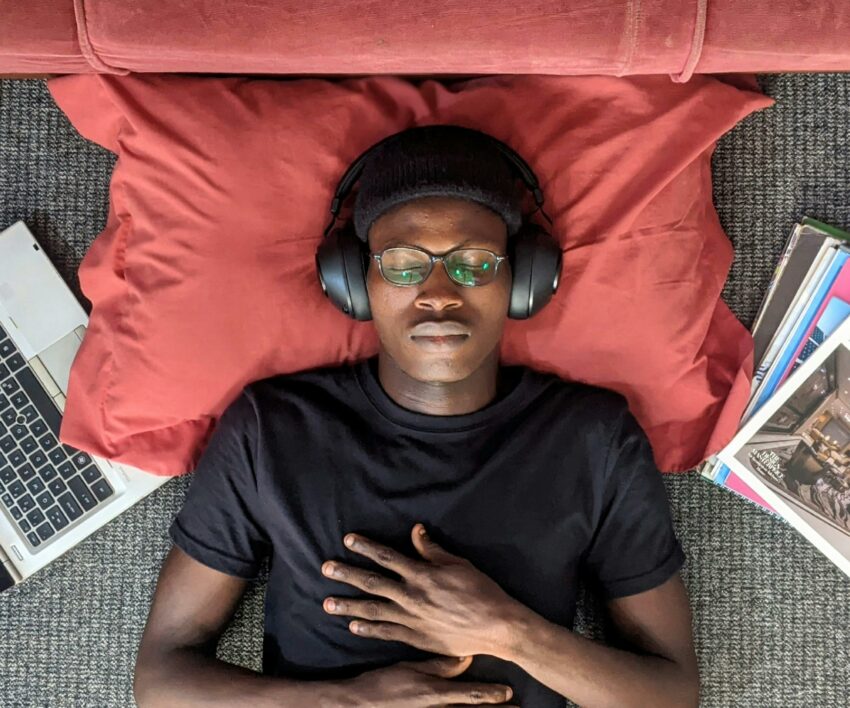
Ever found yourself struggling with insomnia, and no matter how much you toss and turn, just cannot seem to find the perfect position to fall asleep – until you make the decision to listen to calming music and you are instantly taken away by your dreams?
For many, the moment brings so much relief as it ensures that you ultimately get in proper sleep so you can be fresh for whatever the next day requires.
When it comes to music, there is a strong link between the sweet melodies and their ability to help one fall into a proper sleep.
“Music can aid sleep by helping you feel relaxed and at ease. With streaming apps and portable speakers, it’s easier than ever to take advantage of the power of music wherever you go,” explains the Sleep Foundation.
According to the above-mentioned publication, music has long been a powerful source when it comes into contact with the human body. For years it has not only allowed humans to express their joy through dance, or sadness through crying but has also been a way to calm our minds.
Since birth, this has been the go-to solution when parents experiment with the singing of lullabies and gentle rhythms so babies can fall asleep.
In an article published by UC Davis Health Jesse Koskey, a psychiatrist in the UC Davis Department of Psychiatry and Behavioural Science found that music is a low-cost and accessible treatment which is effective for overcoming insomnia in comparison to a sleeping pill.
He explains that listening to slow-tempo songs produces an effect known as entrainment. This is when your body synchronises with your environment.
“Music around 60 beats per minute, which is the same as a relaxed heart, can entrain the rest-and-digest part of your nervous system, leading to a slower, more relaxed heart rate,” he explains.
According to the British publication Belledorm, these are the kinds of music to listen to before bed:
- Acoustic
- Classical
- Chillout
- Lullabies
- White noise
- Ambient sounds
Also see: This is why you need a sleep mask




